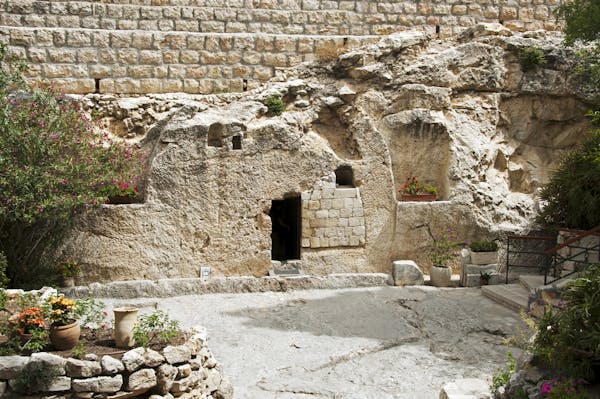The next chapter in Paul’s life would be filled with upheaval and he sensed it coming. After spending some time in Asia and Macedonia strengthening the believers, Paul traveled through Troas and Miletus en router to Jerusalem. Sensing that he might now have the opportunity to see many of the believers face-to-face again he sent for the Elders of the Ephesian church and gave them a message of encouragement and exhortation. During this sermon, he revealed the extent of his knowledge about what awaited him in Jerusalem.
“And now behold I go bound in the Spirit to Jerusalem, not knowing the things that shall befall me there: save that the Holy Ghost witnesseth in every city saying that bonds and afflictions abide me. But none of these things move me, neither count I my life dear unto myself so that I might finish my course with joy and the ministry which I have received of the Lord Jesus to testify the gospel of the grace of God and now behold I know that ye all among whom I have gone preaching the kingdom of God shall see my face no more” (Acts 20:22-25)
Paul understood that challenges and trials awaited him in Jerusalem, yet with equal certainty, he knew that God wanted him to go to Jerusalem anyway. His response to the situation was; “none of these things move me.” What mattered most to him was finishing the work God had given him to do and part of that work was going to Jerusalem.
Often we think that being a Christian means we get a free pass on trials, especially if we are committed to serving God yet Paul’s life presents a different reality. Life wasn’t easy for Paul. There was no get-out-of-jail-free card for apostles, even the most committed ones. Jerusalem meant imprisonment yet Jerusalem was where God was pointing. Paul didn’t stop to clarify God’s command, he simply went.

